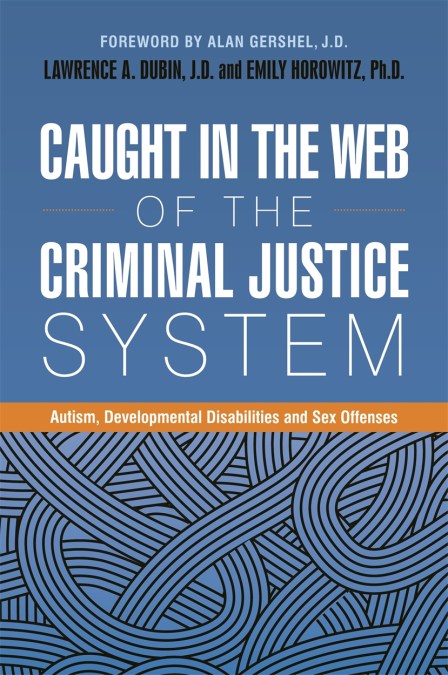Increasing numbers of people with autism and other developmental disabilities are being convicted of sex offences, resulting in draconian and public punishment. Yet even when evidence shows that people with these conditions often pose little threat to society, or lack a core understanding as to why their actions break the law, the “sex offender legal regime” doesn’t allow any room to take the disability into account.
This ground-breaking book offers a multi-disciplinary examination of how unjust sex offense laws trap vulnerable groups such as those with developmental disabilities. Drawing on research, empirical evidence and including case studies, experts from the fields of law, ethics, psychology and sociology explore what steps should be taken in order to ensure that laws are just and take into consideration factors such as the vulnerability of the perpetrators. Investigating the consequences caused by public hysteria over sex offenses, this book highlights the judicial failure to protect defendants with developmental disabilities in the context of the unjust and hyper-punishment of all those charged with sex offenses. Proposing a new way forward based on research and evidence-based sentencing for sex offenses, and elimination of the sex offender registry, this book offers an informed and compassionate view that is essential for all professionals working in this field.
This ground-breaking book offers a multi-disciplinary examination of how unjust sex offense laws trap vulnerable groups such as those with developmental disabilities. Drawing on research, empirical evidence and including case studies, experts from the fields of law, ethics, psychology and sociology explore what steps should be taken in order to ensure that laws are just and take into consideration factors such as the vulnerability of the perpetrators. Investigating the consequences caused by public hysteria over sex offenses, this book highlights the judicial failure to protect defendants with developmental disabilities in the context of the unjust and hyper-punishment of all those charged with sex offenses. Proposing a new way forward based on research and evidence-based sentencing for sex offenses, and elimination of the sex offender registry, this book offers an informed and compassionate view that is essential for all professionals working in this field.
Newsletter Signup
By clicking ‘Sign Up,’ I acknowledge that I have read and agree to Hachette Book Group’s Privacy Policy and Terms of Use
Reviews
Who doesn't want to protect kids from sexual violence? We all do! But our current sex offender laws are turning Americans with autism into pariahs when they don't - can't - understand our social cues and taboos. The result is harsh punishments that don't make children any safer, even as they decimate lives that were already heartbreakingly difficult. Kudos to Dubin and Horowitz for bringing light to one of the saddest and most infuriating issues facing our country.
Although this book's focus is on the lack of justice in the criminal justice system for those with disabilities such as autism, it's much more - a well-documented demonstration of the continuation of legislation and policies driven not by evidence and efficacy, but by fear, anger, revenge panic and politics.
An intimate look at the social and sexual challenges of people with Autism Spectrum Disorders to an informed critique of child pornography prosecutions and the hyper-punishment of sex offenses. The resultant proposals are rational, just, and humane, not only for people with development disabilities but for all criminal defendants.
In the past, when the unthinkable happened and an individual within the autism spectrum was charged with sexually-related crimes, parents despaired, clinicians and advocates stood powerless, and a train wreck of destruction followed. No More. This book is now our most powerful weapon to counter a system too rigid to understand, too self-righteous to be just, and too unforgiving to consider scientific facts and clinical knowledge.
This text... represents a crucial exploration into the subject of working with offenders convicted of child pornography or sexual abuse charges. It differentiates itself by considering the perspectives of sexual offenders with a diagnosis of autism and other developmental disabilities and offers a fresh perspective upon current sex offending legislation in the USA... the book has value for probation staff and other professionals working with clients on the autism spectrum, by considering that specific service users with autism convicted of a sexual offence may require alternative interventions and support programmes to those typically offered to service users without additional needs. In doing so, the book highlights the diverse backgrounds of individuals identified as committing a sexual offence and supports the philosophy that treating everyone the same does not equate to true equality.

